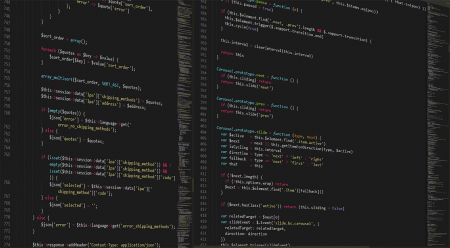Очень Вас прошу помогите с английским, осталось заключительное упражнение=(Помогите с английским
Очень Вас прошу помогите с английским, осталось заключительное упражнение=(
Помогите с английским пожалуйста: Дан текст и в конце есть вопросы к этому тексту:
THE COURT SYSTEM OF ENGLAND AND WALES
The most common type of law court in England and Wales is the magistrates court. There are 700 magistrates' courts and about 30,000 magistrates.
More serious criminal cases then go to the Crown Court, which has 90 branches in different towns and cities. Civil cases (for example, divorce or bankruptcy cases) are dealt with in County courts.
Appeals are heard by higher courts. For example, appeals from magistrates' courts are heard in the Crown Court, unless they are appeals on points of law. The highest court of appeal in England and Wales is the House of Lords. (Scotland has its own High Court in Edinburgh, which hears all appeals from Scottish courts.) Certain cases may be referred to the European Court of Justice in Luxembourg. In addition, individuals have мейд the British Government change its practices in a number of areas as a result of petitions to the European Court of Human Rights.
The legal system also includes juvenile courts (which deal with offenders under seventeen) and coroners courts (which investigate violent, sudden or unnatural deaths). There are administrative tribunals which make quick, cheap and fair decisions with much less formality. Tribunals deal with professional standards, disputes between individuals, and disputes between individuals and Government departments (for example, over taxation).
In Britain, the vast majority of judges (that is, the people who decide what should be done with people who commit crimes) are unpaid. They are called "Magistrates", a "Justices of the Peace" (JPs). They art ordinary citizens who are selected not because they have any legal training but because the) have "sound common sense" and understand their fellow human beings. They give up time voluntarily.
A small proportion of judges are not Magistrates. They are called "High Court Judges" and they deal with the most serious crimes, such as those for which the criminal might be sent to prison for more than a year. High Court Judges, unlike Magistrates, are paid salaries by the State and have considerable legal training.
Magistrates are selected by special committees in every town and district. Nobody, not even the Magistrates themselves, knows who is on the special committee in their area. The committee tries to draw Magistrates from as wide a variety of professions and social classes as possible.
Ответьте на вопросы по тексту:
1. What courts do deal with offenders under 17?
2. Which courts do investigate violent, sudden and unnatural death?
3. What makes quick, cheap and fair decisions?
4. What do administrative tribunals do?
5. Who are Justices of the Peace?
6. Are High Court Judges paid?
7. Who are magistrates selected by?
2. Coroners courts
3. Administrative tribunals
4. Tribunals deal with professional standards, disputes between individuals, and disputes between individuals and Government departments (for example, over taxation).
5. Unpaid judges, who dont have any legal training but have "sound common sense" and understand their fellow human beings.
6. Yes, they are.
7. By special committees in every town and district.
-
Вопросы ответы
Статьи
Информатика
Статьи
Математика.
Физика.
Математика.
Разные вопросы.
Разные вопросы.
Математика.
Разные вопросы.
Математика.
Физика.
Геометрия.




